What will your child learn in Year 1? Discover the full PP3 Curriculum at West Sussex prep school Sompting Abbotts
During the school year we will be teaching the children the following:
Mathematics
The teaching of mathematics is frequently enhanced by ICT.
Number – Numicon is used to support mathematical understanding.
- Revision of numbers 1-20, reading and writing.
- Number bonds – addition and subtraction to 20 and beyond.
- Use of a number line for counting backwards and forwards.
- Read, write and order numbers up to 100, use of 100 squares as support.
- Elementary work on Tens and Units.
- Recognition of money – all coins. Find totals up to 10p, 20p and above when ready. Work practically with money and give change.
- Understand part, half and quarter.
- Ability to work simple calculations mentally and practise mental maths every day.
- Understand grouping of numbers e.g. counting in 2s, 5s and 10s. Begin to understand simple multiplication as ‘lots of.’
- Sharing out objects.
- Doubling numbers.
- Solving worded number problems.
- Simple estimation.
Algebra
- Missing numbers e.g 10 + ? = 12
- Pattern and sequence – first, last, next, before etc.
- Recognise, copy and create own patterns.
- Patterns in numbers – odds and evens.
- Counting patterns e.g, 5, 10, 15, 20
Measures
- Investigate things that can be used to measure length, capacity and mass.
- Solve simple problems involving measures.
- Time – days, weeks, months and seasons.
- Analogue and digital clocks – read the time to the hour, half hour, quarter past.
- Learn that there are 60 seconds in a minute, 60 minutes in an hour.
- Know that there are 24 hours in a day.
Shape and Space
- Identify 2D and 3D shapes. Use appropriate vocabulary to describe the properties of shapes.
Handling Data
- Understand and use in context: simple bar charts, diagrams and tables.
Literacy
- Much of the work will have strong cross-curricular links to enhance the creative curriculum.
Speaking and Listening
- The children will be encouraged to speak to the class about their news and topics of interest; they will be taught to speak clearly, fluently and confidently to different people and organize what they say. They will be expected to listen, understand and respond to others, and be taught to follow instructions and ask questions to clarify their understanding. They will identify and respond to sound patterns in language, for example, alliteration, rhyme, and word play. They will have the opportunity to perform to an audience in class time and assemblies.
Reading
- Phonic sounds and blends will be revised and additional phonemes covered. There will be the opportunity to read to a teacher or classroom assistant every day and children will be encouraged to read to a parent/carer at home each day. There will be other reading activities within the classroom.
The range will include:
- Stories and poems with familiar settings and those based on imaginary or fantasy worlds.
- Stories, plays and poems by significant children’s authors.
- Retellings of traditional folk and fairy stories.
- Stories and poems from a range of cultures.
- Stories, plays and poems with patterned and predictable language.
Non-fiction and non-literary texts
The range will include:
- Print and ICT-based information texts, including those with continuous text and relevant illustrations.
- Dictionaries, encyclopedias and other reference materials.
The aim is to enable the children to use prediction skills, show awareness of punctuation and read aloud with fluency, expression and comprehension. There will be times when a child is expected to read quietly or share a book with a partner.
Writing
Pupils will be taught the knowledge, skills and understanding through addressing the following ranges of purposes, readers and forms of writing.
The range of purposes for writing should include:
- To communicate to others.
- To create imaginary worlds.
- To explore experiences.
- To organize and explain information.
Pupils will be taught the value of writing for remembering and developing ideas. The range of readers for writing will include teachers, other adults, children and the writers themselves. The range of forms of writing will include narratives, poems, notes, lists, captions, records, messages, instructions.
The children will be encouraged to use capital letters and full stops and to become aware of the structure of sentences.
Handwriting
The children will consolidate prior learning and be encouraged to hold a pencil/pen with a suitable grip and write from left to right and top to bottom of a page, they will start and finish letters correctly and form letters of a regular size and shape. They will be taught to put regular spaces between letters and words and know how to form lower and upper-case letters. Later on in the year they will begin to learn how to join their handwriting.
Spelling
Spellings will be learnt using common patterns and children will be taught to recognize and spell common, irregular words. They will have a list of words to learn each week which will be tested on Wednesdays. Pupils will be encouraged to apply their phonic knowledge to their independent writing, they will be rewarded for this and therefore have real confidence when tackling unknown words. They will have the opportunity to use word banks and dictionaries.
ICT is used to support all areas of literacy.
Science
The following topics are covered:
- Ourselves – The children will learn about the external parts of the body, the five senses and how animals move and grow.
- Growing Plants – They will investigate how plants grow and change and what plants need to grow well; they will identify the parts of a plant.
- Sorting and Using Materials – Pupils will indentify and describe common materials and their properties.
- Light and Dark – They will know a variety of light sources and understand that darkness is the absence of light.
- Sound and Hearing – The children will have a simple understanding of sound and how it relates to our senses.
- Pushes and Pulls – They will relate movement to forces and observe and describe what they see.
- Throughout the topics children will have the opportunities to carry out simple investigations.
ICT
During the year the children will have many opportunities to use ICT to enhance other areas or the curriculum. The interactive whiteboards are used daily and the class will regularly visit the ICT suite. Specific areas of computing will cover the following areas:
- Use of computers and their parts.
- Keyboard skills.
- How to enter text and pictures.
- How to handle CD Roms.
- Programming using the Bee Bots.
- Recording using audio equipment.
- Using digital cameras and camcorder.
History
Our aim is to give the children an insight into chronology e.g. within living memory, now and then, parents, grandparents and great-grandparents, beyond our living memory. Topics covered are:
- Toys.
- What were homes like a long time ago?
- Famous People.
Geography
The children will be introduced to simple maps, the globe, the United Kingdom and their local environment. They will learn simple geographical terms and be able to compare town and country. They will have a developing understanding of the need to care for the environment. They will learn about people who help us.
French
Children study French with a specialist French teacher from age 5 upwards. The curriculum is oral-based and mostly given in the target language. Children learn traditional and modern French songs and take part in many “fun” activities such as role-plays, food tasting and cooking. They are introduced to French life and culture in Year 2.
Music
Children in this age-group are taught by a specialist Music teacher, covering all aspects of the Music curriculum such as singing, playing percussion instruments and listening to music. In addition they are given opportunities to learn piano, violin and cello with Visiting Music Teachers. Children are encouraged to play in Assemblies and in concerts throughout the year.
Art
The children will be enjoying a variety of activities to develop their skills and awareness of colour, texture, line and form. They will use a variety of media such as paint, chalk, pastels, clay and collage. They will be introduced to the work of different artists.
Design and Technology
In this subject, the children will be involved in three main types of activity. These will be:
- Investigative skills – children find things out with guidance.
- Focussed practical tasks – children are taught how to tackle various tasks.
- Design and make assignments – children have the opportunity to apply their skills and knowledge.
- The children will be working with paper, card, reclaimed materials, textiles, food and construction kits.
Religious Education
The children’s learning embraces the following themes:
- Belonging to groups and Christianity.
- Celebrations – Christmas.
- Beliefs and Practice.
- How do Jewish people express their beliefs?
PSHE (Personal, Social, Health, Education)
The children will be using Circle Time as the main forum for their PSHE work. This is a structured discussion and activity based session where the group and the class teacher sit in a circle. The activities promote mutual respect, self esteem and self discipline. All games and activities within Circle Time help to improve speaking and listening skills, improve relationships, develop observational skills and improve behaviour. The following themes are covered throughout the year:
- Friends and Friendships.
- Growing Up.
- Feeling Safe.
- Keeping Safe and Healthy.
- Citizenship.
Physical Education
Children are taught by a specialist teacher.

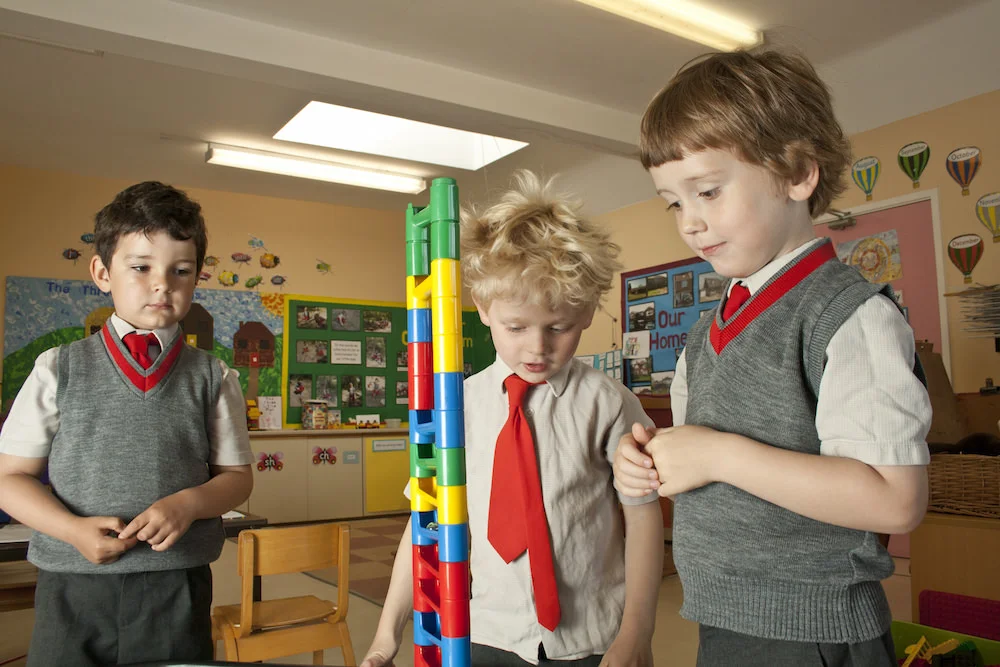
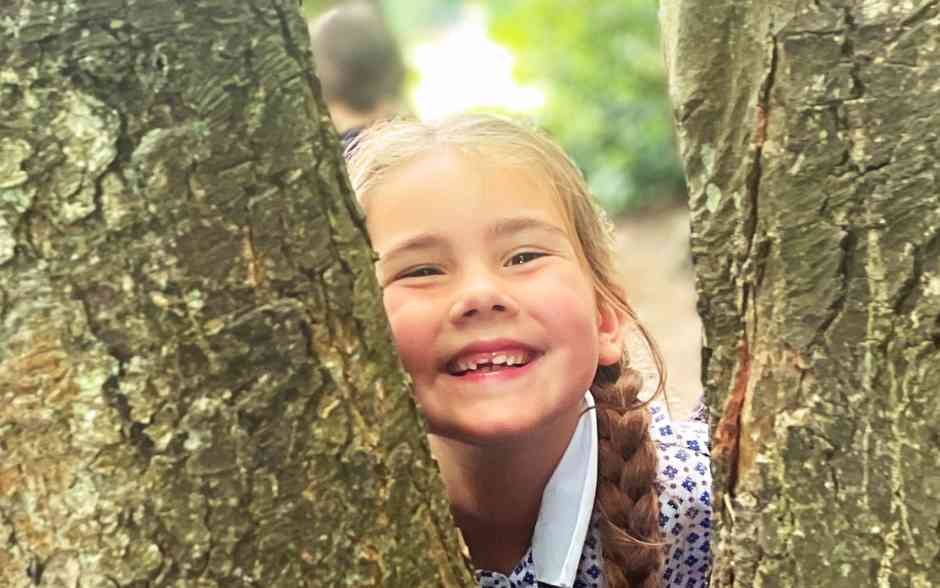



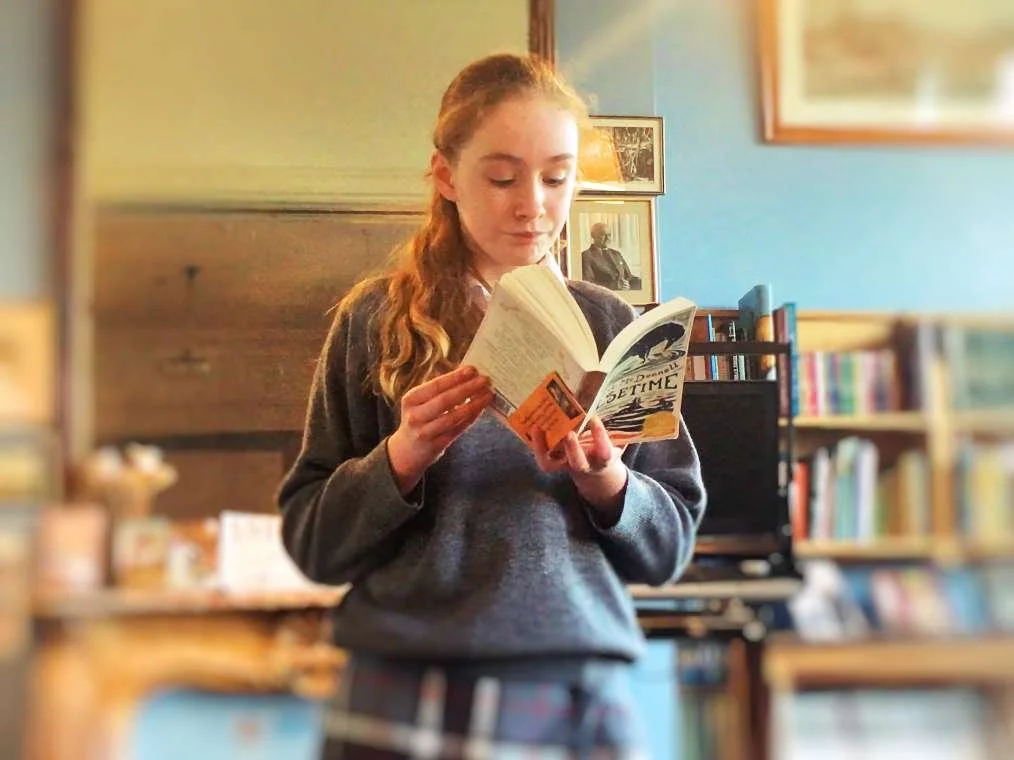














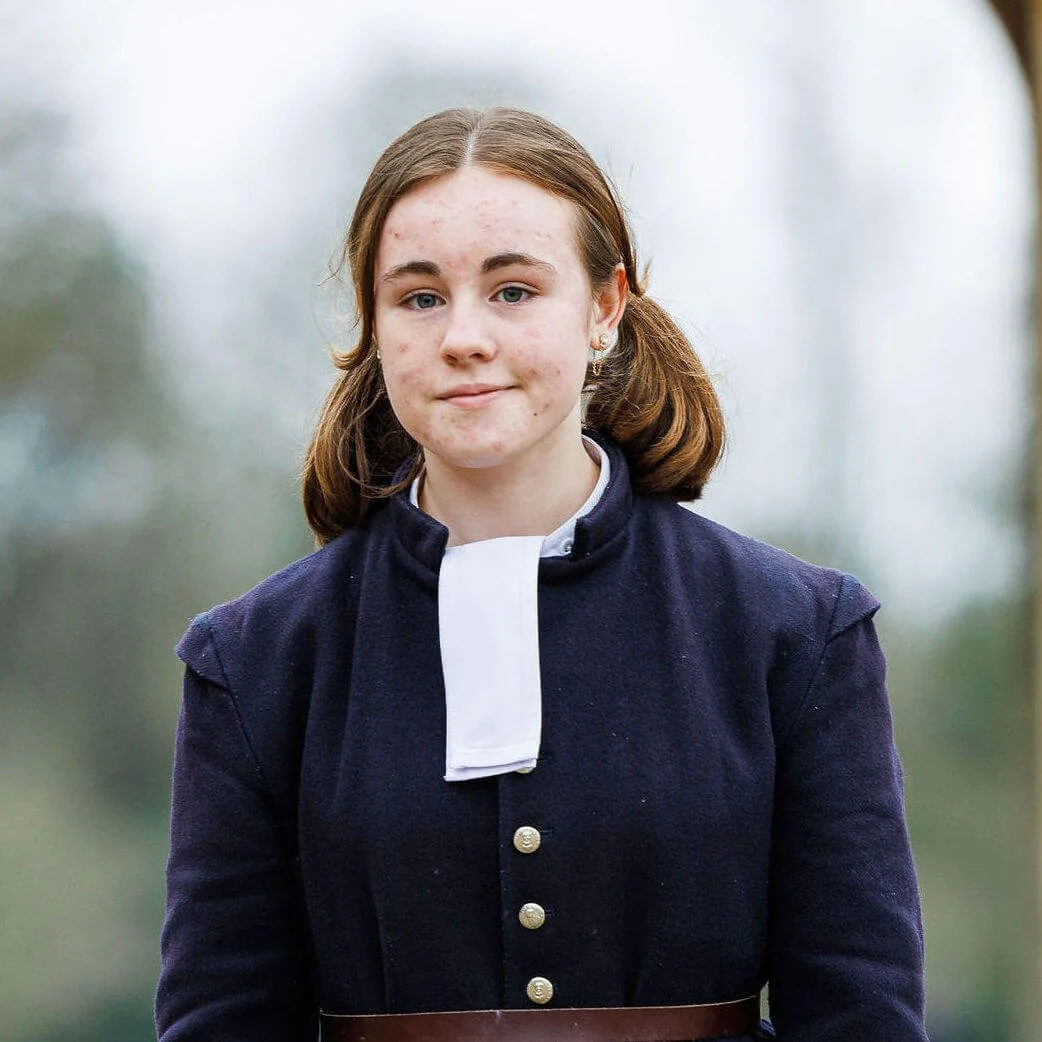
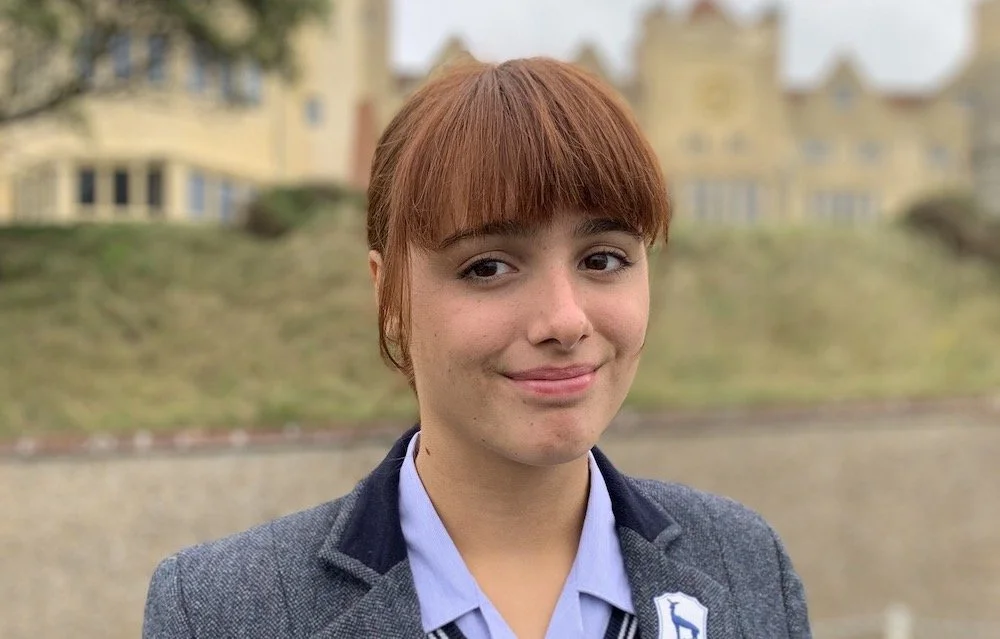


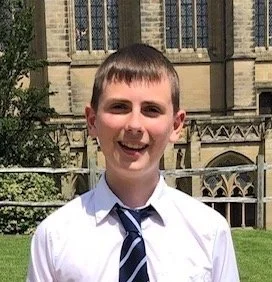

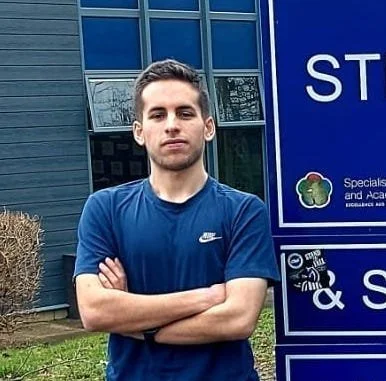

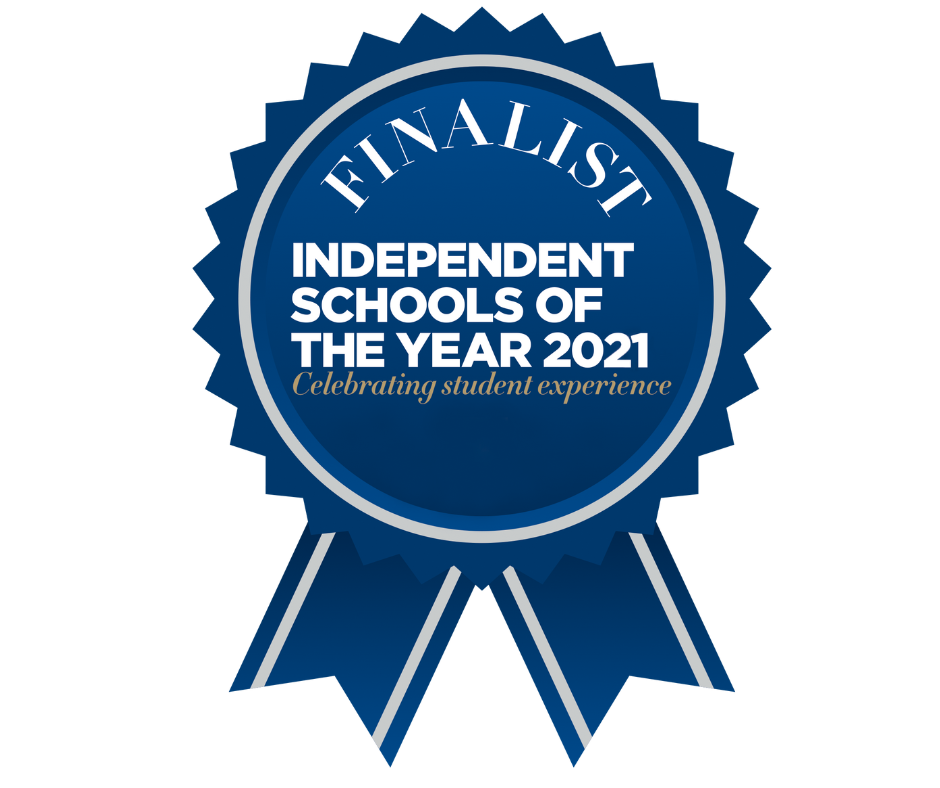




For this year’s show at Sompting Abbotts, Oliver! Jr., director Mrs Turton brought Lionel Bart’s beloved musical to life with incredible energy and talent. A huge well done to all our amazing performers, as well as the so many staff and so many parents who helped bring it all together.